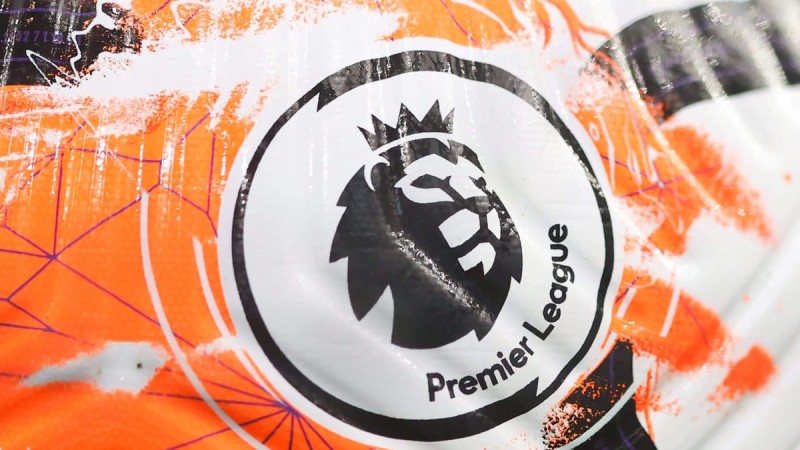
Starting with the 2025–2026 season, clubs will no longer be able to spend as much money as they have under the profitability and sustainability rules (PSR), which were implemented by UEFA in 2022. In their place, a “squad cost control” rule will be implemented.
Next season, the new system will operate in parallel with the current PSR regime, pending full ratification at the Premier League’s annual general meeting (AGM) in June.
At the shareholders’ meeting on Thursday, there were actually two votes. The first, which was approved by all in favor of it, was to advance talks on the specifics of the Premier League squad cost regulations to incorporate the new system into the rulebook this summer. The second, on the phase-in of the new regulations, received overwhelming support from the majority.
Clubs will only be able to use a predetermined portion of their yearly turnover, along with the amortized costs of their transfer fees and agent fees, to pay salaries for their first team and coaching staff.
Transfers are recorded in a club’s financial reports using amortization, which divides the cost of signing players—including transfer fees and salaries—throughout their contracts.
The Premier League will have a two-tier system, with clubs participating in European competition only able to spend 70% of their turnover, and clubs not competing in Europe able to spend 85%. This will be the main distinction between Premier League regulations and UEFA regulations.
Despite what some recent reports claim, clubs that violate Premier League regulations will still lose points.
Everton has already lost two points this season due to the current PSR guidelines, which allow clubs to lose a maximum of £105 million over a rolling three-year accounting cycle. Nottingham Forest has also been penalized.
Nonetheless, some teams are still eager to investigate the possibility of imposing monetary fines for infractions of the squad cost rule rather than point deductions.
While certain clubs have proposed that this function is similar to a luxury tax in the US, others have preferred to discuss a “buffer zone” for less serious cases that do not warrant point deductions.
At the league’s two-day AGM in Harrogate, this and several other discussions regarding the specifics of the new rules will be settled. A final vote on the issue is scheduled for June 5.
Though some clubs feel the £105 million PSR threshold, which was established ten years ago, should be increased to account for growing wages and transfer fees, the topic of raising the threshold has not been discussed since.
In April 2022, UEFA approved the squad cost ratio rule in an executive committee meeting. This rule is a part of the club licensing and financial sustainability regulations, which also address “stability” and “solvency.”
It took the place of UEFA’s former Financial Fair Play (FFP) system, which permitted clubs to incur losses of up to €30 million during an accounting period of three years.
The squad cost rule caps a club’s expenditures at 70% of revenue on agent fees, transfers, and player and coach salaries.
The new Premier League rules should fully take effect in 2025–2026. UEFA is phasing in its regulations over three seasons, with clubs participating in its competitions allowed to spend 90% of their turnover on their squads this season, 80% the following season, and 70% in 2025–2026.
According to UEFA regulations, clubs will incur financial penalties if they violate the squad cost ratio unless the violation is deemed to be “significant.”
The severity of the infraction and the total number of infractions during the previous three seasons of the new regulations are taken into consideration when determining the financial penalty.
Three scenarios qualify as “significant” breaches, according to UEFA:
UEFA states that in this case, in addition to the monetary fine, “additional disciplinary measures” may be implemented.
Depending on the seriousness of the offense, UEFA could and did punish clubs under the previous FFP regulations in several ways.
The Premier League said in a statement after a shareholders’ meeting on March 11 that its clubs had “agreed to prioritize the swift development and implementation of a new league-wide financial system,” but it did not provide any further information.
It added that this new system would “provide certainty for clubs about their future financial plans”.
The clubs “re-confirmed their commitment to securing a sustainably-funded financial agreement with the EFL,” according to the Premier League, though even that is still contingent on the new financial system.
Liverpool, UK—House of Spells and Comic Con Liverpool are once again collaborating to bring the… Read More
Introduction In India's booming EdTech space, there's one name that's making waves among Telugu students… Read More
In litigation, often, the difference between winning and losing comes down to strategy. Although facts… Read More
Instagram creators now have a new tool to try if they're searching for a free… Read More
A free tool to help you boost local SEO and attract more clients is your… Read More
In today’s fast-paced digital world, online shopping has become more than just a convenience, it's… Read More